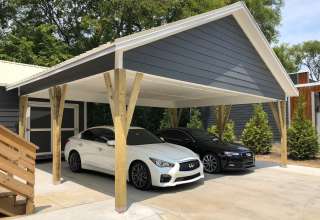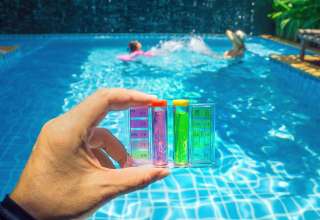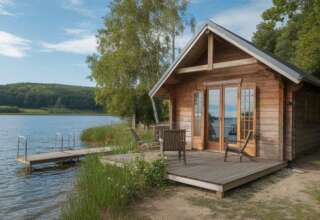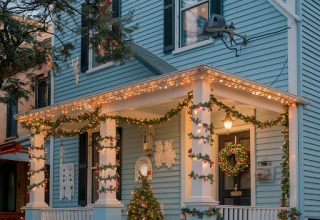The consequences of a water leak in your home can be devastating: water damage often requires expensive and time-consuming cleaning and water damage cleanup. Find out here what you can do if a water leak occurs in your home and how you can prevent them from happening in the future.
Turn off the water.
To prevent the water leak from getting worse, the first thing you can do is turn off the water supply. The valve or stop valve is usually located in the kitchen or bathroom, and when you turn it off, it instantly shuts off the water coming into your home. The water leak may be coming from a specific source that you can isolate. For example, for dishwashers or washing machines, batteries and toilets, there is an isolation valve on the hose or pipes, which you can turn off the water by turning it clockwise. If a large amount of water has accumulated in your home, you should also turn off the electricity and gas supply for safety purposes until the problem is resolved.
Identify the source.
There are many possible sources of a water leak in your home, so it can be challenging to understand where the water is coming from. In addition to leaky pipes, the source of water coming into your home could be an inadequately insulated bathroom or shower, a leaking roof, or a leak in your neighbor’s apartment.
Drain the excess water.
Still water caused by leakage should be drained immediately. The longer this water stays in your home, the greater the water damage. In large-scale floods, you may need to hire a pump; this pump should be located in the lowest part of the flooded area. A wet-dry broom can be used in smaller floods.
Begin the drying process.
Mold formation begins within 24-48 hours after flooding. Therefore, starting the drying process quickly is key to limiting water damage. Allow household appliances and outlets to dry, and remove any furniture or carpets from the flooded area. Open the windows to let the moisture out. Check your walls, too; Drywalls or other materials affected by water may need to be removed and replaced. In the final stage of severe flooding, a dehumidifier should be used to remove moisture from the room but close the windows before starting this process.
Take action against future leaks.
Once the cleaning process is complete, you may want to protect your home against possible water leaks, a priority in the future. Many people choose to invest in a water security system and regularly check pipes and take extra precautions during cold weather (which is one of the main causes of water leaks in homes). Systems like this give you peace of mind by monitoring the humidity level in your home and instantly identifying sources of leaks. These systems are much more than simple water leak detectors. The water leak detection system alerts you to leaks wherever you are and allows you to turn off the water remotely. So you can prevent water leaks before they cause severe damage.
Urbanization:
Many constructions have been located in flood and water leakage zones. Cities are becoming denser, and construction is increasingly approaching risk areas. The vulnerability of territories increases;
The artificialization of soils:
The development of transport infrastructure, the establishment of companies, commercial zones, the construction of houses, the drying up of millions of hectares of wetlands for the development of intensive agriculture, the removal of hedges and deforestation, waterproof soils. Consequence: in the event of heavy rain, the water which falls can no longer infiltrate into the ground, remains on the surface, and then flows quickly towards the rivers, further inflating their volume. Water can no longer spread and penetrate the soil; it picks up speed and causes disasters in its path.













